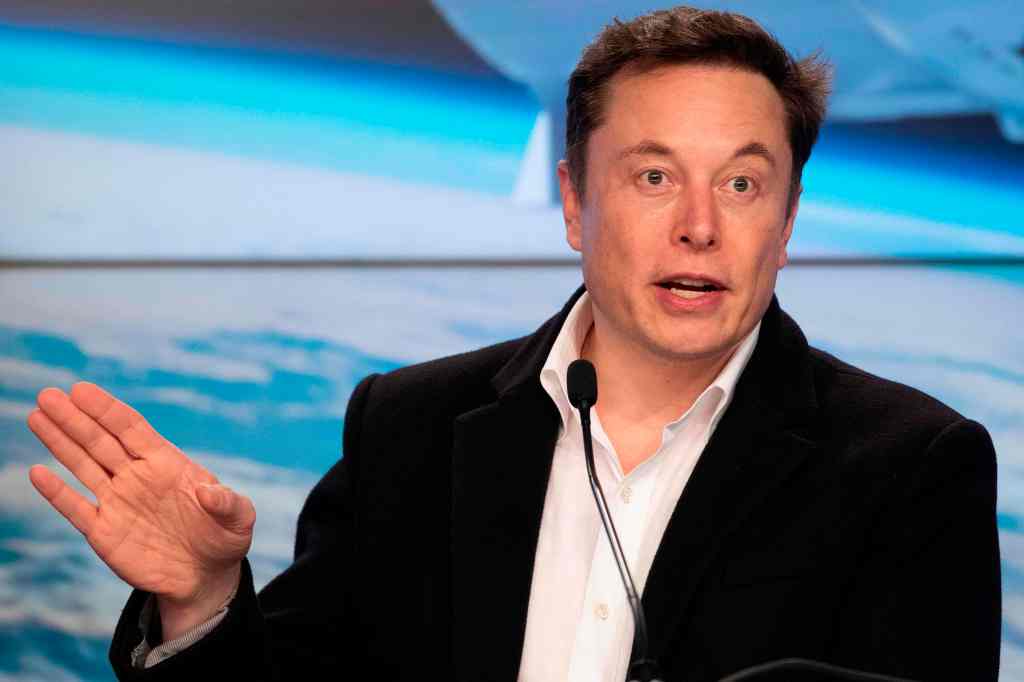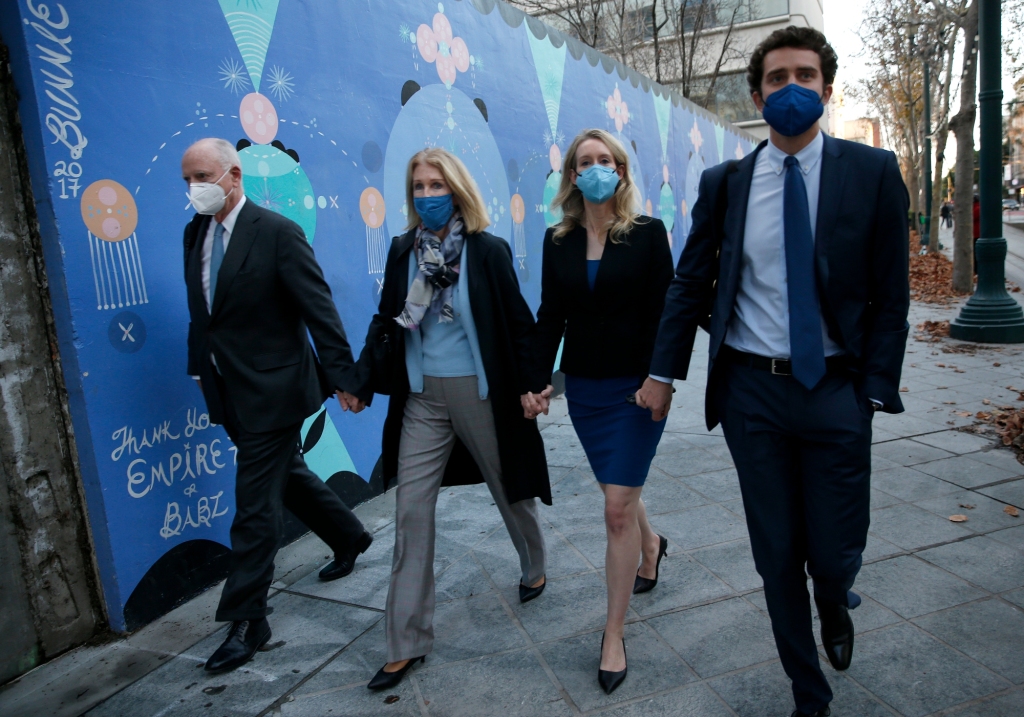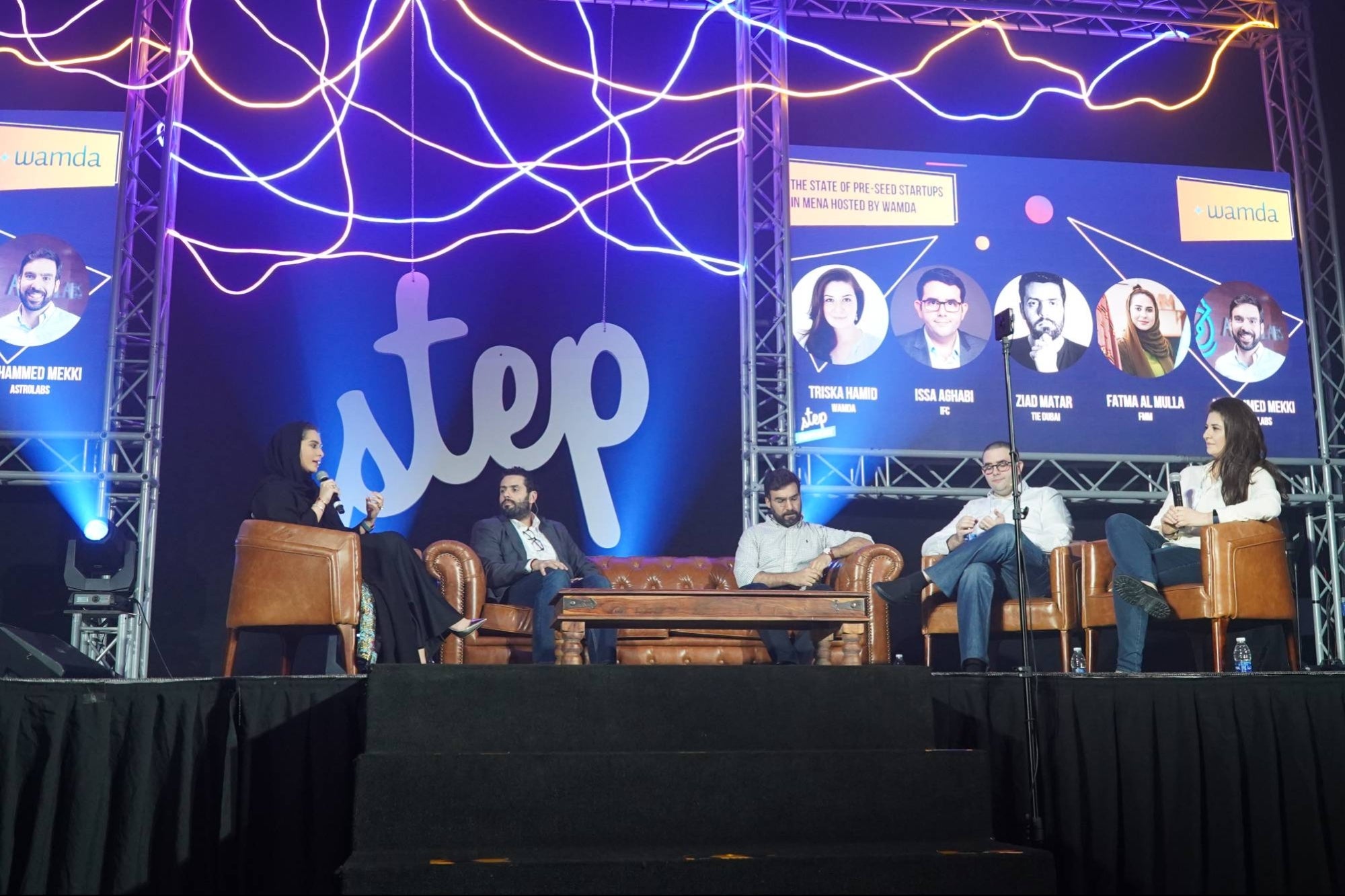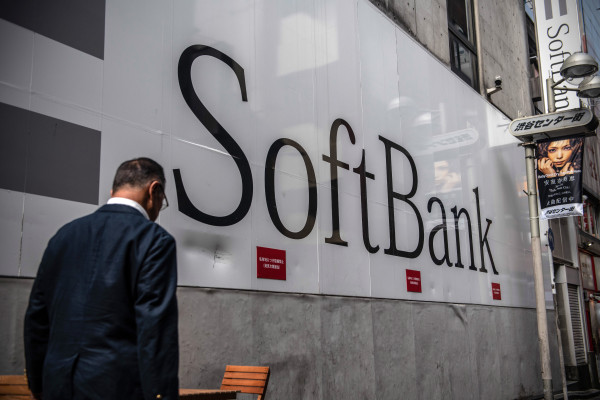The battle between Elon Musk and the SEC over the Tesla CEO’s Twitter use isn’t over.
A judge on Friday granted both sides’ request for more time to resolve their differences, after they requested in a joint letter Thursday that their deadline be extended for a second time, to April 30.
![]() “Discussions continue to be productive and are ongoing,” said the letter, which was signed by Musk and Cheryl Crumpton, counsel for the Securities and Exchange Commission.
“Discussions continue to be productive and are ongoing,” said the letter, which was signed by Musk and Cheryl Crumpton, counsel for the Securities and Exchange Commission.
In February, the SEC asked a judge to hold Musk in contempt of a settlement he reached with the commission last year, in which he agreed to have his social media posts — he’s quite fond of Twitter — about Tesla’s business be pre-approved. That settlement came after the SEC charged him with fraud because he tweeted out last August that he had “funding secured” to take Tesla private, which gave a big boost to the company’s stock. That turned out to be false. The SEC sought to remove Musk as CEO, but under the settlement he ended up relinquishing his chairmanship of Tesla, and he and the company were fined $20 million each. Tesla, Musk and the company’s board also face related shareholder lawsuits.
In October, days after the settlement, Musk continued to tweet, bestowing a new name on the SEC, “Shortseller Enrichment Commission.” In December, the Tesla CEO said during an interview on “60 Minutes” that he did not respect the SEC, and that his tweets are not supervised unless they can move the stock markets.
Fast forward to this year’s drama: Musk tweeted on Feb. 19 that “Tesla made 0 cars in 2011, but will make around 500k in 2019.” About four hours after the first tweet, Musk tweeted a correction: “Meant to say annualized production rate at end of 2019 probably around 500k, ie 10k cars/week. Deliveries for year still estimated to be about 400k.” The SEC then asked that he be held in contempt, and Musk’s lawyers argued that his tweets did not contain information that wasn’t already known.
Earlier this month, Judge Alison Nathan of the U.S. District Court Southern District of New York ordered both sides to try to work things out. If Musk were found guilty of contempt, he could face additional fines.










